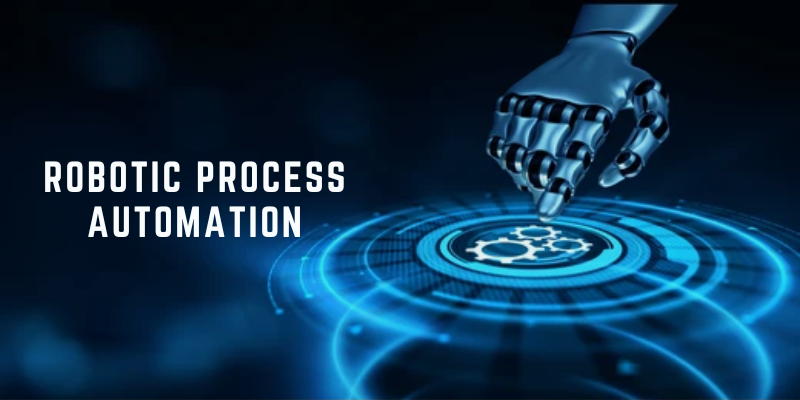
Robotic Process Automation (RPA) has emerged as a transformative technology, revolutionizing how businesses operate. By automating repetitive tasks, RPA promises increased efficiency, cost savings, and improved accuracy. However, the widespread adoption of RPA also raises questions about its impact on job roles and the future of work. This blog will explore how RPA reshapes job roles and discuss its implications for the future workforce. Those interested in mastering RPA can enroll in RPA Training in Coimbatore. This comprehensive training equips professionals with the skills needed to meet the dynamic demands of the job market.
Automation of Routine Tasks
One of RPA’s primary impacts on job roles is automating mundane tasks. RPA software robots can be programmed to perform repetitive tasks, such as data entry, invoice processing, and report generation. As a result, employees can focus on more strategic, value-added activities that require human judgment and creativity.
Transformation of Job Roles
The adoption of RPA often leads to the transformation of existing job roles. While some tasks may be automated, new opportunities emerge for employees to take on roles that involve managing and optimizing RPA processes. For example, employees may become RPA developers, responsible for designing and implementing automation solutions, or RPA analysts, tasked with monitoring and optimizing robot performance. consider enrolling in an RPA Training in Hyderabad offered by reputable institutions like FITA Academy.
Upskilling and Reskilling
As job roles evolve due to RPA adoption, there is a growing need for upskilling and reskilling initiatives. Employees may need to acquire new technical skills, such as programming and data analysis, to work effectively with RPA systems. Additionally, soft skills such as problem-solving and critical thinking become increasingly important as employees take on more strategic organizational roles.
Redefining the Future Workforce
The widespread adoption of RPA redefines the future workforce, creating a hybrid workforce where humans and robots work collaboratively. While RPA automates routine tasks, humans play a critical role in decision-making, problem-solving, and innovation. Organizations that successfully harness the power of this hybrid workforce are poised to gain a competitive advantage in the digital economy.
RPA is profoundly transforming job roles and reshaping the future of work. While automation of routine tasks offers increased efficiency and cost savings, it also necessitates the transformation of job roles and the development of new skills among employees. By embracing this shift and investing in upskilling and reskilling initiatives, organizations can leverage the power of RPA to drive innovation and stay ahead in today’s rapidly evolving business landscape. enroll in an RPA Training in Madurai. They offer comprehensive training on RPA tools, preparing professionals for the evolving job market demands.
